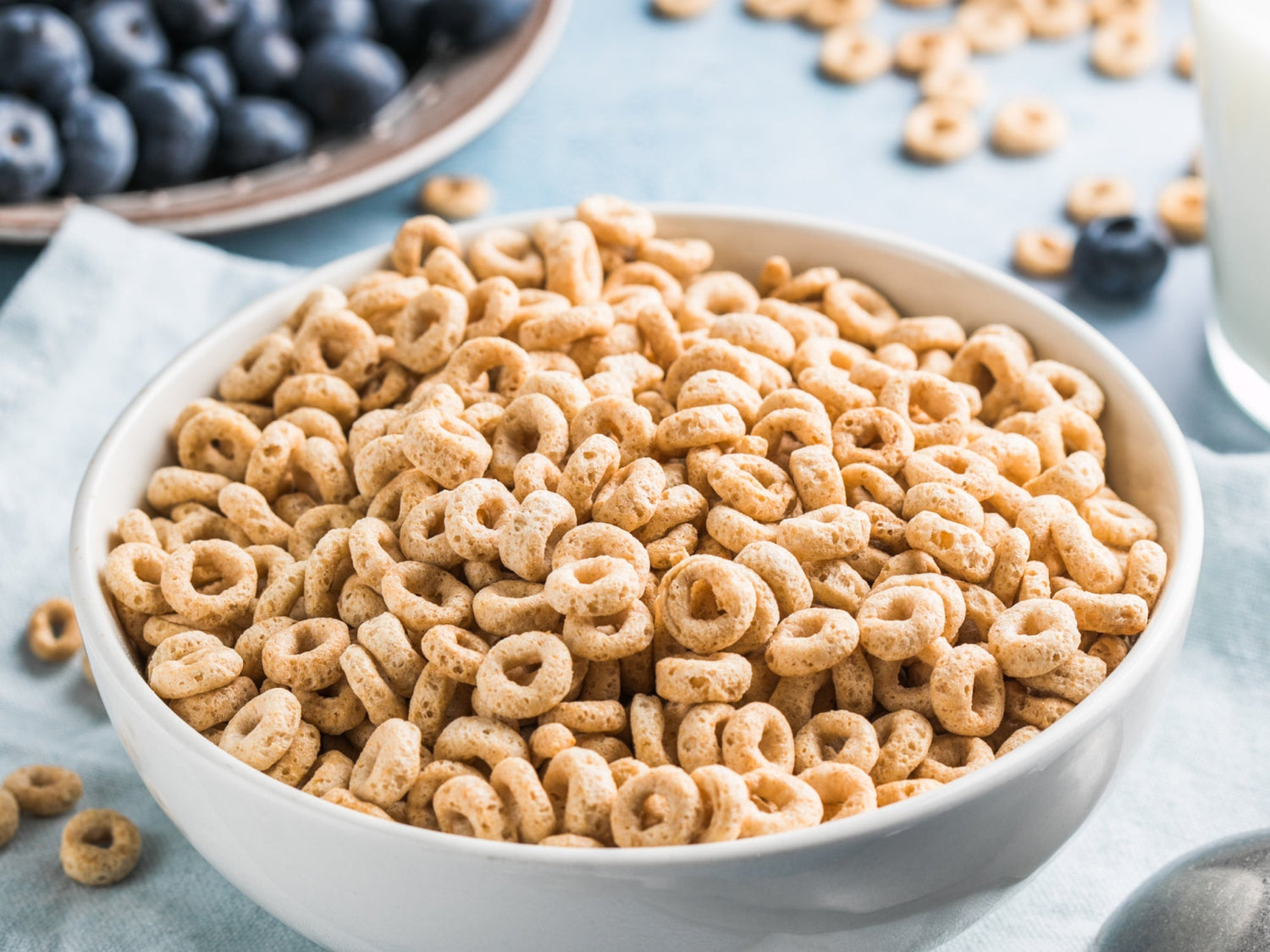Iron deficiency, one of the most common nutritional deficiencies worldwide, affects an estimated 2 billion people, according to the NIH. While its symptoms like fatigue and weakness are well-known, less discussed is its potential impact on cholesterol levels. Emerging research suggests a complex relationship that could influence both diagnosis and management strategies for individuals concerned with cardiovascular health.
What is the Biological Interplay Between Iron and Cholesterol?
Iron and cholesterol are both essential components of human health, and their interplay has significant implications. Iron homeostasis is critical to cellular health, and likewise, lipids, including cholesterol, must also be tightly regulated. Research has revealed links between these two metabolic pathways, including alterations in cholesterol metabolism in response to changes in iron levels.
For instance, naturally higher iron levels have been associated with a reduced risk of high cholesterol and atherosclerosis. However, high body iron and LDL-cholesterol concentrations are regarded as risk factors for ischemic heart disease. This intricate balance between iron and cholesterol underscores the importance of maintaining optimal levels of both for heart health.
Iron Deficiency and Cardiovascular Risk
The connection between iron deficiency and cholesterol has significant implications for public health. Nearly one-third of the world's population is affected by anemia, with a considerable portion due to iron deficiency. With cardiovascular diseases standing as the leading cause of death globally, understanding how iron deficiency can alter cholesterol profiles presents a vital avenue for early intervention and prevention strategies.
What is the Impact of Iron Supplementation on Cholesterol Levels?
Addressing iron deficiency offers a potential pathway for influencing cholesterol levels positively. One study reported that patients undergoing iron supplementation saw improvements in their lipid profiles, particularly in reducing LDL cholesterol levels. This suggests that for individuals with both iron deficiency and dyslipidemia, iron supplementation could be a dual-purpose strategy in managing overall cardiovascular risk.
Navigating Diet and Lifestyle Changes
Diet plays a crucial role in managing both iron levels and cholesterol. Foods rich in heme iron (found in animal products) and non-heme iron (found in plant-based foods) can help address iron deficiency, while a diet low in saturated fats and high in fiber can support healthy cholesterol levels. The American Dietetic Association recommends incorporating a variety of iron-rich foods and considering factors like vitamin C intake, which can enhance iron absorption, to optimize dietary strategies for improving both iron status and cholesterol profiles.
The link between iron deficiency and cholesterol levels highlights the interconnected nature of our body's systems and the importance of a holistic approach to health. Regular screenings for both iron status and cholesterol, alongside personalized dietary and lifestyle interventions, can provide a robust framework for preventing cardiovascular disease and promoting overall wellness. As we continue to unravel the complexities of our health, the synergy between nutrients like iron and critical health markers like cholesterol remains a key area for further research and public health focus.





Leave a comment
This site is protected by hCaptcha and the hCaptcha Privacy Policy and Terms of Service apply.